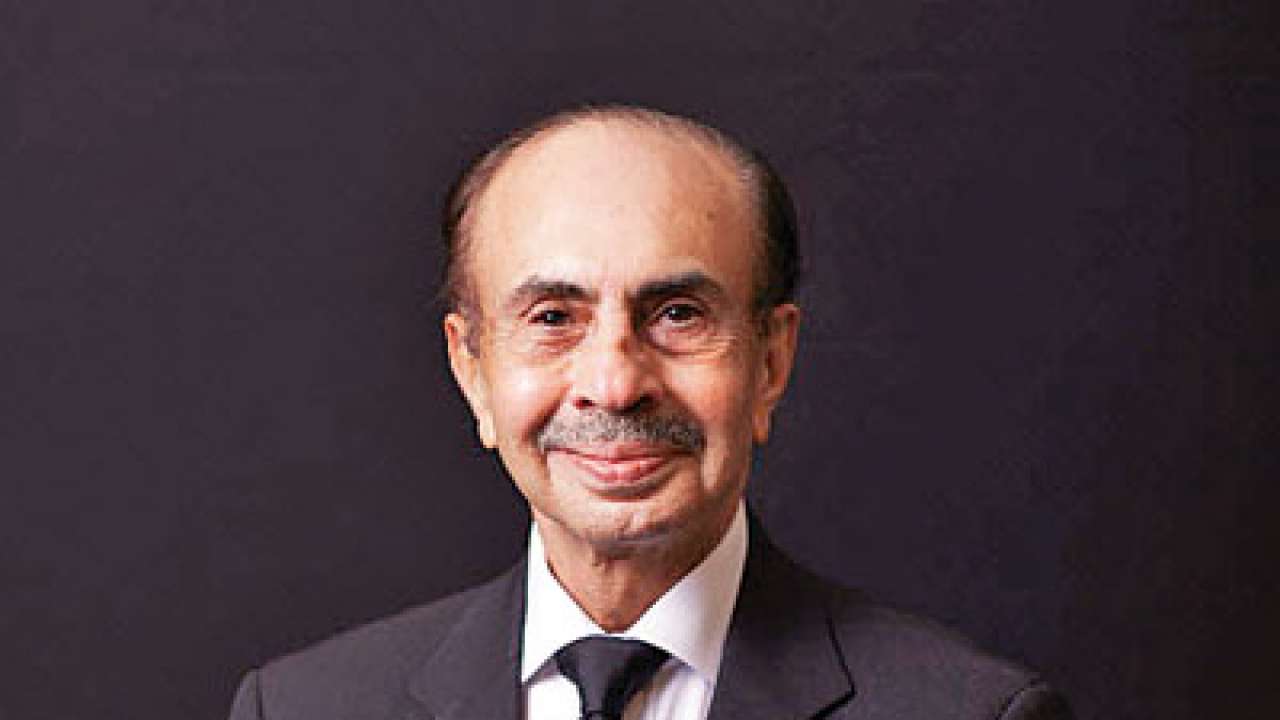
With Narendra Modi taking charge and new ministers being sworn in, what is your take on the overall composition?
Generally speaking, there are two-three things that are very favourable. He (Modi) has reduced the number of ministers as well as ministries by combining some of them. I think by and large he has selected the right people for the portfolio and overall it's a very satisfactory government formation.
His stand of minimum government maximum governance is quite appreciated in addition to various other directions this government is likely to take. His decision to call all the heads of government from Saarc countries for the swearing in ceremony was a good step.
Many were expecting Arun Shourie to be given an important portfolio...
Though I don't have much information to that effect, I feel he might be the deputy chairman of the planning commission.
Arun Jaitley has been given two portfolios (finance and defence)...
I certainly don't think Jaitley will continue with defence for long.
The corporate sector has outlined various priorities including strengthening the Indian rupee, targeting over 8% GDP, fast tracking of infrastructure projects etc. What in your opinion should be priority for the new government?
I am not in agreement with rupee strengthening too much. What I think more important would be a stable currency.
The present level (Rs 58-59 to a dollar) is good and the Reserve Bank of India (RBI) should hold it around those levels. The mistake RBI did earlier was letting the rupee depreciate too much.
As far as infrastructure is concerned, investments have been dismal. I think a very important direction for the government is to sell-off a lot of assets, like its investments in various public sector units (PSUs) like Air India etc, land and invest significantly in new infrastructure projects.
Divestment and privatisation should be the major focus area because the government will get the funds that the country needs for fiscal balance.
Industrial production is actually in the negative growth phase. Thus, fiscal stimuli will be required to get industrial production up. How should that be financed?
Through cut of wasteful subsidies that lead to wasteful use of resources etc. Now that we'll have a strong prime minister's office (PMO) it will be able to drive this.
How workable is taking the current GDP growth levels to 8% and above?
I think our objective should be to reach a minimum 8% growth by fiscal 2015-16. And certainly it can be achieved. If the goods and services tax (GST) is passed it will add 2% to India's GDP growth rate.
GST roll-out is something the industry has been looking forward to for a long time. You think it will be possible to get it passed?
First of all, for this government, getting GST through will not be very difficult. A constitutional amendment will, however, be required. Secondly, if they move it early, Congress will have to support it because they were talking about it.
On the policy and regulatory side we saw quite a few challenges in the last few years. With the new government in place can these issues get ironed out?
Hopefully yes, and it will be very important. Like in any political situation, there will be some reason or the other where things do get derailed. That's where I think a strong PMO will have to intervene to ensure that things progress well.
Any key policy initiatives you expect in the coming months?
I expect the budget to be positive. I also feel the emphasis would be on improving the ease of doing business with less government and more governance.
However, most benefits of the economy stemming from more investments such as infrastructure, manufacturing etc, will obviously take time to play out.
Fiscal deficit and inflation continue to be key areas of concern...
Fiscal deficit containment can be done very quickly and inflation can be controlled easily. A lot of inflation has been based on depreciation of rupee and international commodity prices. Now both of them are coming under control. Also, the RBI should decide on interest rate policies and not on historical inflation but on inflationary expectations.
There were some talks about abolishing all taxes and levying a single transaction tax...
It will be to my mind, not an easy task to do. But things like reducing excise duty across the board, increasing income tax exemption limits etc can very well be done in the budget to have a positive sentimental effect.
What are your views on FDI in modern retail?
That is not very critical to my mind. But FDI in other areas like insurance, pension funds, defence etc needs to be opened up.